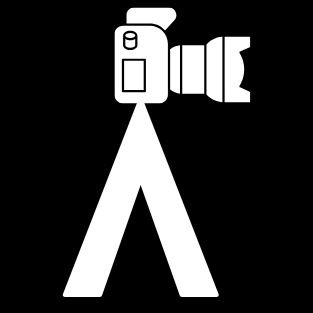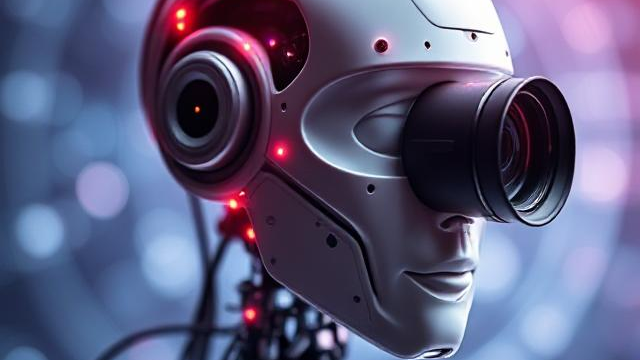Photography has always evolved alongside technology, from the invention of the daguerreotype to the rise of digital photography. But nothing has disrupted the field quite like Artificial Intelligence (AI).
AI is no longer just a tool; it is an active participant in the creative process, making decisions about composition, lighting, colour correction, and even image creation. It has transformed how photographers edit, enhance, and generate images, making high-quality photography more accessible than ever.
However, this technological advancement also raises ethical concerns, questioning the authenticity of images, ownership rights, and the role of photographers in a world increasingly driven by AI.
In this article, we explore:
- How AI is transforming photography
- The best AI-powered photography tools available today
- The ethical dilemmas AI presents to the photography world
- The future of AI-driven photography
1. How AI is Changing Photography
A. AI-Powered Editing: From Hours to Seconds
Editing is one of the most time-consuming aspects of photography. AI is revolutionizing this process by using machine learning to analyze images and make intelligent edits instantly.
- Automatic Color Correction: AI tools adjust brightness, contrast, and white balance based on the image’s content.
- Sky Replacement: AI can detect skies in photos and swap them out seamlessly.
- One-Click Retouching: AI smooths skin, removes blemishes, and even enhances makeup without needing manual adjustments.
Example Tool: Adobe Photoshop’s AI-powered features like Generative Fill and Neural Filters make high-end editing accessible to beginners and professionals alike.
B. AI-Powered Cameras: Smart Shooting
Modern cameras and smartphones now integrate AI-powered scene recognition and autofocus, making it easier to capture the perfect shot.
- AI Scene Detection: Cameras can identify objects, faces, and lighting conditions to adjust settings automatically.
- AI Autofocus & Tracking: AI-powered autofocus systems track subjects dynamically, ensuring sharp images even in motion.
- AI Noise Reduction: AI algorithms reduce grain in low-light images, producing cleaner, sharper photos.
Example: Sony’s Alpha Series cameras use AI-powered autofocus to track human and animal eyes with precision.
C. AI-Generated Photography: The Rise of Synthetic Images
AI isn’t just enhancing photos—it’s creating them. AI models like DALL·E, Midjourney, and Stable Diffusion can generate realistic images from simple text prompts.
- AI Art & Portraits: AI tools create digital artwork and hyper-realistic portraits without using a camera.
- AI Stock Photography: Websites now offer AI-generated stock images for businesses and designers.
- Deepfake & Manipulation Risks: AI can create hyper-realistic yet fake images, raising concerns about misinformation.
Example: The “AI-generated photography” trend has sparked debates over whether AI-created images should be considered “real photography.”
2. Best AI Photography Tools in 2025
If you want to embrace AI in your photography workflow, here are some of the most powerful tools available today:
| Tools | Functionality | Best For |
|---|---|---|
| Adobe Firefly | AI-assisted photo editing, colorisation, and in painting | Professionals & creatives |
| Retouch4me | AI-based portrait retouching | Wedding & portrait photographers |
| Artisse AI | AI-generated personal photography | Social media influencers & lifestyle photography |
| Luminar Neo | AI-powered editing with sky replacement & relighting | Landscape photographers |
| Topaz Labs AI | AI-powered noise reduction and sharpening | Low-light & wildlife photography |
| Google’s Imagen AI | Text-to-image generation | Conceptual artists & content creators |
These tools automate and enhance various aspects of photography, making professional-level edits accessible to anyone.
3. Ethical Concerns in AI Photography
As AI becomes more dominant in photography, it raises serious ethical questions:
A. The Problem of Authenticity
- How do we differentiate between real photos and AI-generated ones?
- Should AI-created images be labeled differently from traditional photographs?
Example: AI-generated portraits have won photography competitions, causing controversy about fairness in creative industries.
B. Ownership & Copyright Issues
- Who owns an AI-generated image—the person who prompted it or the AI itself?
- AI often learns from publicly available images—does that violate copyright laws?
Example: Some photographers discovered their work being used to train AI without their consent.
C. Job Displacement: Will AI Replace Photographers?
- AI can now automate many tasks photo editors and retouchers used to perform.
- While AI assists photographers, it also competes with them in some areas.
Perspective: Instead of replacing photographers, AI is more likely to become a collaborative tool, enhancing creativityrather than eliminating it.
4. The Future of AI in Photography
Looking ahead, AI will continue to shape the photography industry. Some predictions include:
- AI Cameras That Understand Context: Future cameras will anticipate the best shot before you press the shutter.
- AI Personalized Editing Styles: AI will learn your editing style and apply it automatically.
- More Regulations & Transparency: Governments and organizations may require labeling of AI-generated images.
What This Means for Photographers:
- AI can enhance creativity by automating repetitive tasks.
- Photographers should focus on storytelling, creativity, and human connection—things AI can’t replace.
Conclusion: Embracing AI Without Losing the Human Touch
AI is undeniably revolutionizing photography, from editing and image generation to camera technology. While it presents exciting possibilities, it also raises important ethical and creative questions.
Final Takeaway
Photographers who adapt and embrace AI as a tool—rather than a replacement—will thrive in this evolving landscape. The human touch in photography is irreplaceable, and AI should be seen as a means to enhance it, not replace it.
References & Further Reading:
- Adobe Firefly – Wikipedia
- Retouch4me – Wikipedia
- Artisse AI – WikipediaThe Guardian – AI in Photography
- The Guardian – AI in Photography

Click. Create. Inspire


Leave a Reply